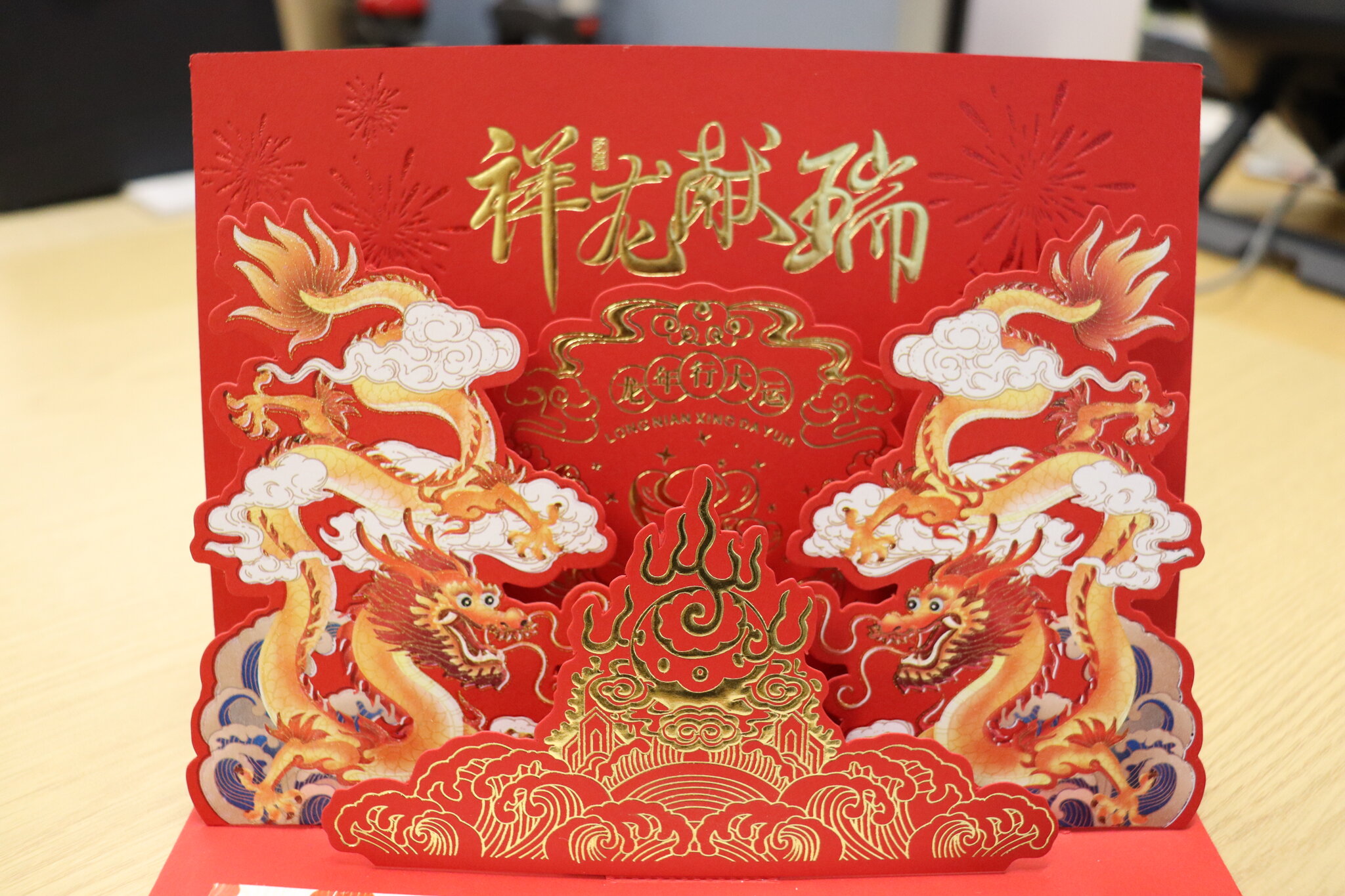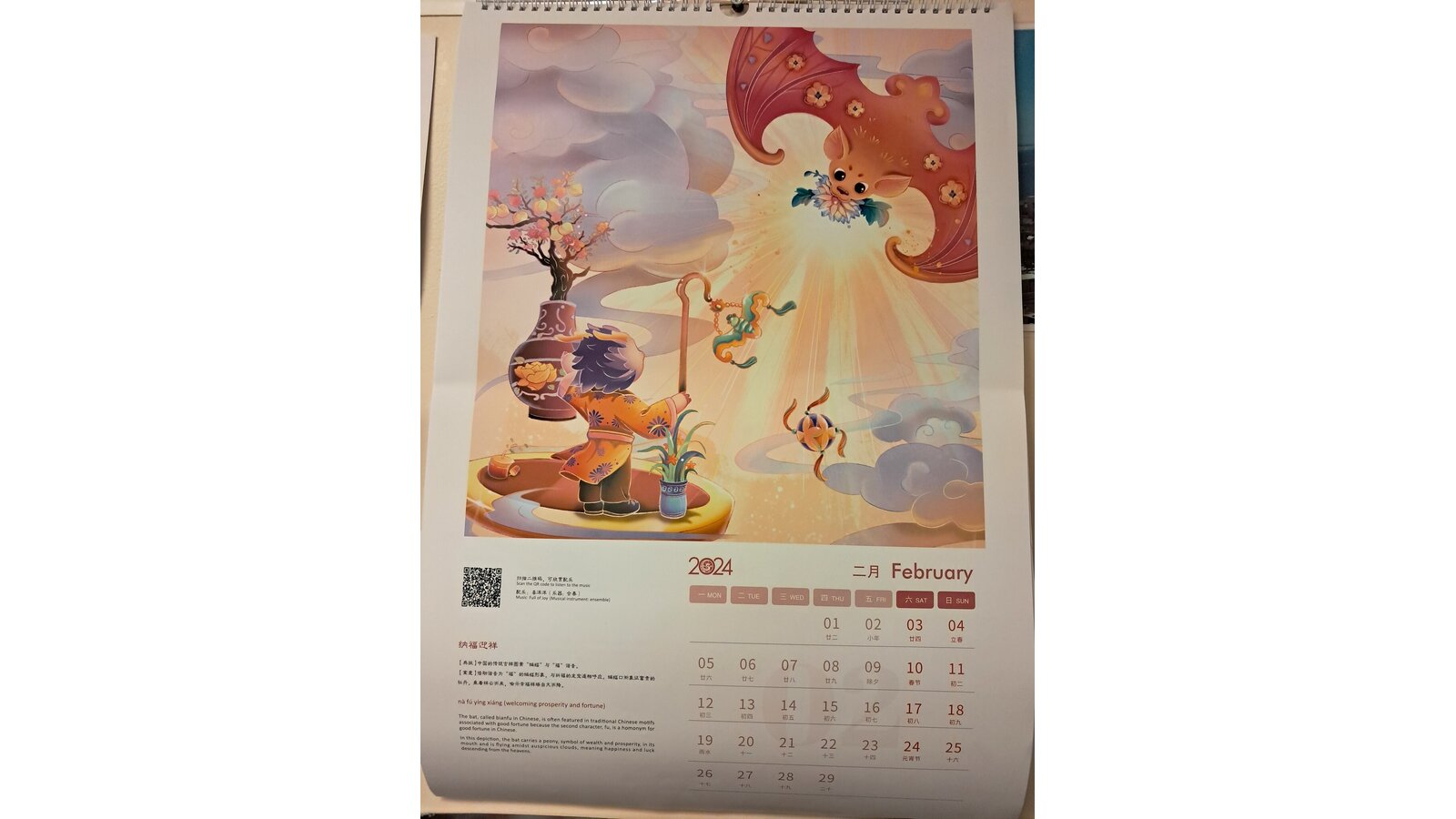
This week, in Chinese language club, pupils have been learning about the Chinese New Year, which will be celebrated on Saturday 10th February.
Chinese New Year (中國新年), also known as the Spring Festival (春節), is a vibrant and significant celebration in Chinese culture, marking the beginning of the lunar new year. Each year is associated with one of the twelve Chinese zodiac animals (十二生肖), and in this case, the Year of the Dragon (龍 年) is particularly popular.
We enter the Year of the Dragon on the 10th February 2024. The dragon holds a special place in Chinese folklore, symbolising power, good fortune, and strength. People born in the Year of the Dragon are believed to inherit these qualities and are considered to be intelligent, ambitious, and fortunate. As a result, the Year of the Dragon is often seen as an especially favourable time for various endeavours, including starting a family. Consequently, it is a popular year for couples to have babies, as the dragon is associated with prosperity and good luck, creating a joyful atmosphere for new beginnings.
Dragons are also very popular in Chinese art, history, and culture. In Chinese folklore, dragons are thought to possess extraordinary abilities, such as the power to control the weather, bringing about favourable conditions. This notion conveys the idea that the dragon is associated with harmonious and propitious weather patterns, symbolising smooth and fortuitous outcomes. Dragon dances are performed with giant puppets by Chinese communities across the world to celebrate Chinese New Years. You can also spot many dragon patterns in traditional Chinese artifacts.
Thank you to UCLan's Confucious Institute for this beautifully illustrated Chinese calendar and Chinese New Year card.
All pupils are welcome to come to come along to Chinese Language Club every Tuesday lunchtime in Room 40. They can learn Chinese, play games and learn more about Chinese culture.
